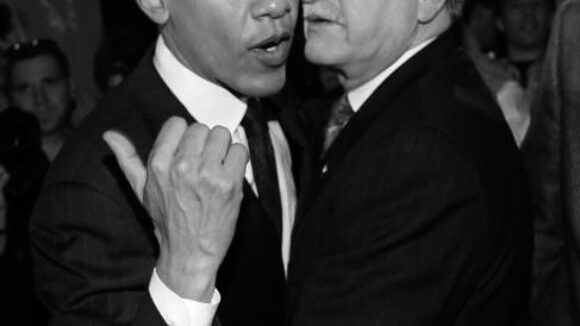Big Labor's Congress vs. State, Local Taxpayers
Monopoly-Bargaining Mandate Would Bust Budgets Across Nation (Source: April 2010 NRTWC Newsletter) Over the course of the past few decades, public servants, especially state and local government employees, have become Big Labor's bread and butter. By 2009, union officials wielded monopoly-bargaining power over 7.5 million state and local employees, nearly 43% of all such employees nationwide, compared to just 8% of private-sector workers. Moreover, for many years now, Big Labor featherbedding and counterproductive work rules have sharply increased real taxpayer costs for compensation of state and local government employees. In fact, from 1998 to 2008 alone, taxpayers' aggregate real costs for compensation of state and local government employees soared at a rate nearly 50% faster than the total real growth of private-sector employee compensation! And now, incredibly, the Big Labor Congress is poised to sock it to taxpayers again. This spring, the U.S. House and Senate are on the verge of rubber-stamping a new federal mandate ensuring that public-sector union bosses get monopoly-bargaining privileges over additional hundreds of thousands of state and local public-safety employees. Kildee-Gregg Would Pave Way For Dragooning All State, Local Employees Into Unions This federal mandate (H.R.413 and S.1611), respectively introduced in the House and Senate by Big Labor Congressman Dale Kildee (D-Mich.) and Big Labor-appeasing Sen. Judd Gregg (R-N.H.), goes by an innocent-sounding moniker, the "Public Safety Employer-Employee Cooperation Act." But this label mocks the reality that the legislation would incite conflict between government agencies and employees and hurt taxpayers. H.R.413/S.1611 would institute a federal mandate foisting union "exclusive representation" (monopoly bargaining) on state and local police, firefighters, and other public-safety employees nationwide.
